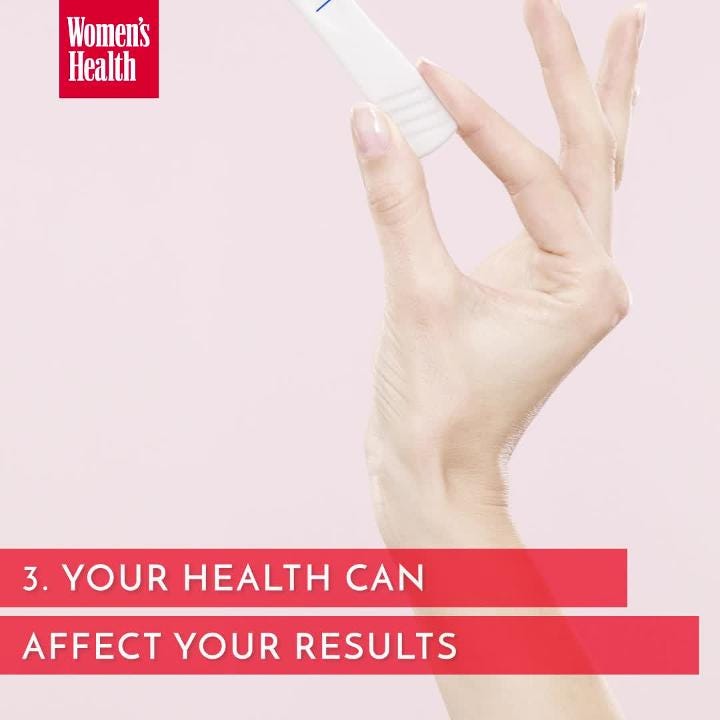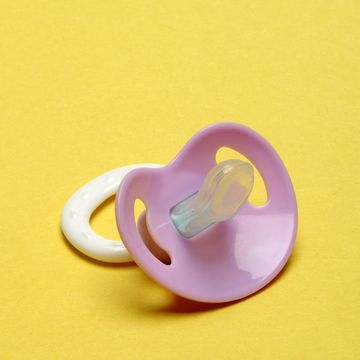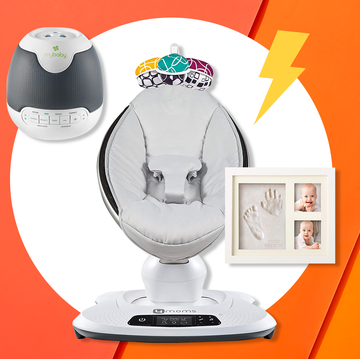Odds are that you’ve seen one of these ads while driving down the freeway or waiting at a bus stop: “Pregnant & Alone? Know Your Options.”
While you might assume you're looking at a billboard for Planned Parenthood, what you're actually seeing is an advertisement for a crisis pregnancy center—an "anti-choice" facility that discourages women from seeking abortions, and often operates without medical licensing.
“They are designed for one purpose—to make sure everyone carries their pregnancy to full term—and they’ll do or say anything to make sure that happens,” says Sarah Christopherson, policy advocacy director for the National Women's Health Network, which works to improve women's healthcare nationwide.
According to NARAL Pro-Choice America, a non-profit organization that opposes restrictions to abortion access, 4,000 crisis pregnancy centers (CPCs) currently operate throughout the United States. In some states, such as Minnesota, CPCs outnumber abortion providers by as many as 15-to-1.
And while some are legally permitted to provide pregnancy testing, sonograms, and other services, others have no actual medical licensing. As a result, they can often provide women with deceptive information that puts women's reproductive rights and health in serious jeopardy, says Christopherson.
So, if you experience an unintended pregnancy, it's important that you know how to get the help you deserve.
Here, five things you should know about crisis pregnancy centers to protect your rights and health.
RELATED: 5 Things You Never Knew About How Dangerous Pregnancy Is In The U.S.
They Often Mislead Women to Get Them in the Door
Over the years, CPCs have spent serious cash, finding new and innovative ways to bring women into their care, says Christopherson,. Some set up storefronts near medical buildings or health clinics to give the impression that they’re medically established (even if they have no trained doctors or medical professionals on staff). Meanwhile, others will open up within the same building as an abortion clinic—even adopting a similar name or signage—to confuse women seeking an abortion.
According to a report by NARAL, some CPCs advertise through Google using keywords like “abortion” and “morning-after pill” to help women land on their websites. Many CPCs are nondescript about their intentions online—NARAL found that 75 percent of CPCs surveyed in New York City don’t identify themselves as anti-abortion on their websites.
When looking for a safe clinic for you, Christopherson suggests checking out this map of CPCs being tracked at ExposeFakeClinics.com. Also, call any clinic before you plan to visit: “Ask about their abortion services, what the fee schedule is, or if a provider would be willing to speak with you on the phone first," she says. "If they won’t discuss specifics, get squirrely, or say ‘come on in, we’ll discuss it when you get here,’ that’s your red flag.”
Here's what every woman should know about pregnancy tests:
They May Provide False Medical Info
A congressional study on federally-funded CPCs found that a whopping 87 percent of them present false or misleading information to women who come through their doors. “They’ll perform a sonogram and lie about how far along the pregnancy is—telling you that you have plenty of time left to get a legal abortion (when you don’t) or that you’ve passed the deadline for an abortion (when you haven’t),” says Christopherson.
CPCs often play on women’s fears—handing them pamphlets that tell them abortion procedures are super risky and can lead to infertility, scarring, or even death (despite the fact that abortions are incredibly low risk), she says. And while many clinics have no doctors or trained medical professionals, often times, CPC workers wear scrubs or white lab coats and have women fill out paperwork to appear legitimate, according to NARAL.
When we reached out to Care Net, a leading Christian crisis pregnancy center organization with over 1,100 CPCs in the U.S., for comment, they sent us a document of their "publicly available commentary." It states that Care Net's "information about pregnancy, fetal development, and abortion procedures and risks is taken from medical and academic journals and studies, medical and science textbooks, and other peer-reviewed sources." Care Net also says that their pregnancy centers that offer medical services (60 percent of all centers) function under the authority of a licensed physician.
According to NARAL, one undercover investigator in Maryland said of her experience at a CPC, “...the counselor said that I did not want to get an abortion and kill my baby. She stated that abortions were dangerous, had many side effects, and many women bleed to death on the table. She later commented that many women commit suicide after having an abortion.”
RELATED: The Scary Type Of Pregnancy That Could Rupture Your Fallopian Tube
They Target Low-Income Women
CPCs are most prevalent in minority communities where women have less access to good healthcare, and often pop up around high schools and homeless shelters, says Christopherson.
According to NARAL, Care Net has advertised in bus shelters (seeking to reach homeless women) and has bought ad time on channels including BET (Black Entertainment Television) to target African American communities.
"All of our advertising and communication are truthful and honest and accurately describe the services we offer," writes Care Net's publicly available commentary. "Clients are served without regard to sex, age, race, income, nationality, religious affiliation, disability or other arbitrary circumstances."
Some Are Federally Funded
Yep. Even as a number of states cut off funding and close the doors to many reproductive health clinics where women can receive birth control and STD testing, streams of funding (from both federal and state resources) are funneled into CPCs, Christopherson explains.
Currently, 11 states (including Ohio, Florida, and Texas) have “Choose Life” license plate programs where the dollars spent on those plates are sent to CPCs. And nationally, an estimated $60 million in federal abstinence and marriage-promotion funds have been directed to CPCs, according to NARAL.
RELATED: 7 Women Share What It Was Really Like to Be Diagnosed With An STD
They Can Put Healthy Pregnancies At Risk
“Even if you’re excited about a pregnancy, you still want to see a legitimate healthcare provider," says Christopherson. After all, at many CPCs, staffers aren’t healthcare providers, she says. So there’s no guarantee you’ll receive accurate info about your pregnancy and how to keep the baby healthy (actually, there's only a slim chance you will).
If you do not have a primary care provider, go to Planned Parenthood to find a healthcare provider near you and get the care you deserve.














